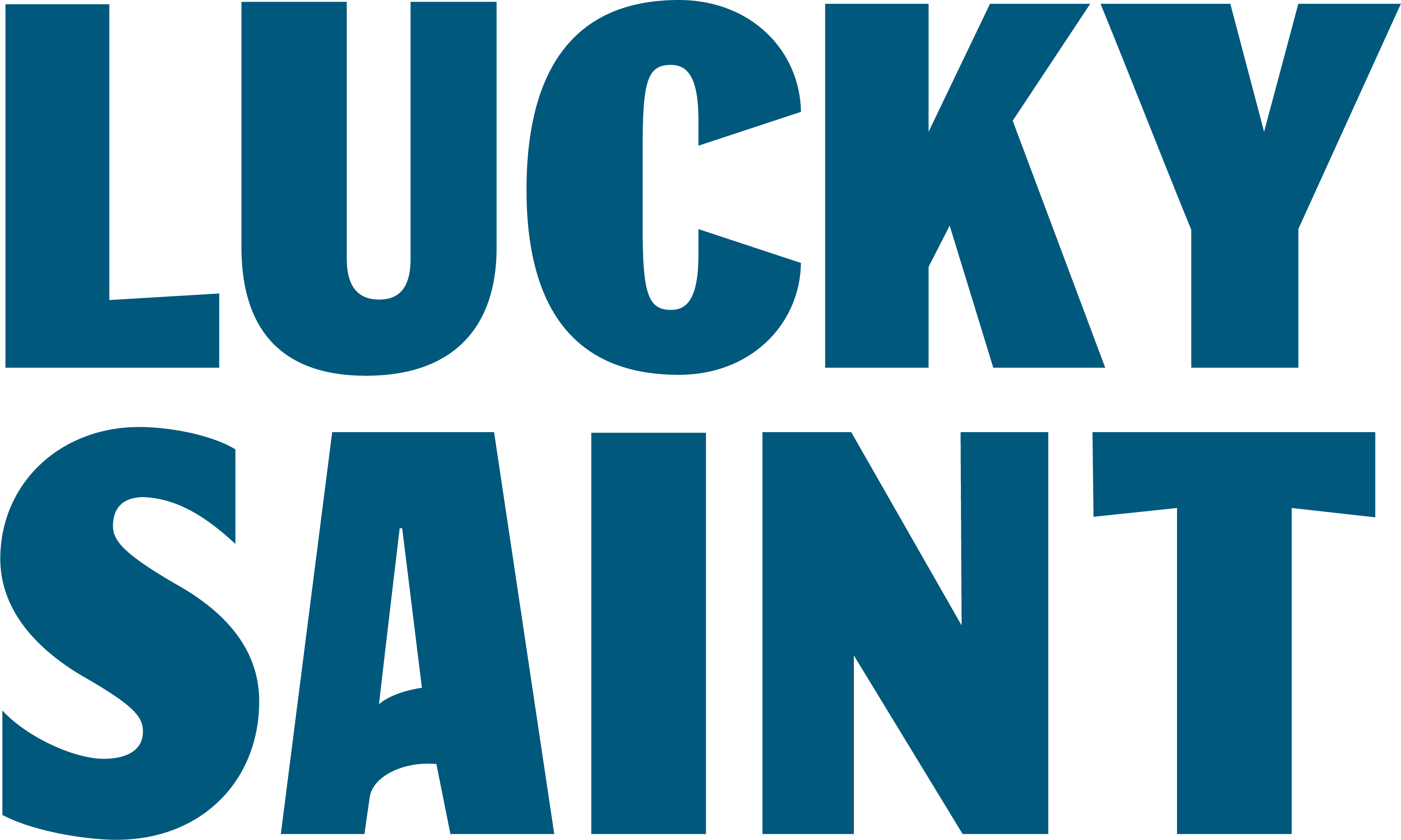

Not Another Beer Co Limited trading as Lucky Saint

London Borough of Lambeth, United Kingdom
November 2022
Beverages
Wholesale/Retail
United Kingdom
Lucky Saint launched in October 2018 with an ambition to redefine expectations of alcohol-free beer and we are looking for someone to join us on our journey. In 4 years, we have grown from an idea in the head of Luke Boase, our founder, to a team of over 45 highly motivated, talented individuals set on changing the drinks industry. We launched in October 2018 with an ambition to redefine expectations of alcohol-free beer. Luke spent two years, working with six different brewers in three countries in the pursuit of creating the world’s best alcohol-free pilsner. Unfiltered. Uncompromising. Unapologetic. Rewarding all those who aren’t drinking with the beer they deserve. Lucky Saint is now the UK’s biggest dedicated Alcohol Free beer brand, and The Official Beer of Dry Jan ‘22 and championing change with our partnership with Harry Corin and Mental Health First Aid. We are a true omnichannel brand - listed in 3000 premium venues across the UK including over 60 Michelin star restaurants, The Ivy Collection, Honest Burger, Dishoom, Hawksmoor, Incipio, Pizza Pilgrims, pubs and bars across the country plus over 2500 grocery stores, as well as our online shop and Amazon.
Overall B Impact Score
Governance 17.6
Governance evaluates a company's overall mission, engagement around its social/environmental impact, ethics, and transparency. This section also evaluates the ability of a company to protect their mission and formally consider stakeholders in decision making through their corporate structure (e.g. benefit corporation) or corporate governing documents.
What is this? A company with an Impact Business Model is intentionally designed to create a specific positive outcome for one of its stakeholders - such as workers, community, environment, or customers.
Workers 32.7
Workers evaluates a company’s contributions to its employees’ financial security, health & safety, wellness, career development, and engagement & satisfaction. In addition, this section recognizes business models designed to benefit workers, such as companies that are at least 40% owned by non-executive employees and those that have workforce development programs to support individuals with barriers to employment.
Community 17.5
Community evaluates a company’s engagement with and impact on the communities in which it operates, hires from, and sources from. Topics include diversity, equity & inclusion, economic impact, civic engagement, charitable giving, and supply chain management. In addition, this section recognizes business models that are designed to address specific community-oriented problems, such as poverty alleviation through fair trade sourcing or distribution via microenterprises, producer cooperative models, locally focused economic development, and formal charitable giving commitments.
Environment 13.6
Environment evaluates a company’s overall environmental management practices as well as its impact on the air, climate, water, land, and biodiversity. This includes the direct impact of a company’s operations and, when applicable its supply chain and distribution channels. This section also recognizes companies with environmentally innovative production processes and those that sell products or services that have a positive environmental impact. Some examples might include products and services that create renewable energy, reduce consumption or waste, conserve land or wildlife, provide less toxic alternatives to the market, or educate people about environmental problems.
Customers 1.5
Customers evaluates a company’s stewardship of its customers through the quality of its products and services, ethical marketing, data privacy and security, and feedback channels. In addition, this section recognizes products or services that are designed to address a particular social problem for or through its customers, such as health or educational products, arts & media products, serving underserved customers/clients, and services that improve the social impact of other businesses or organizations.